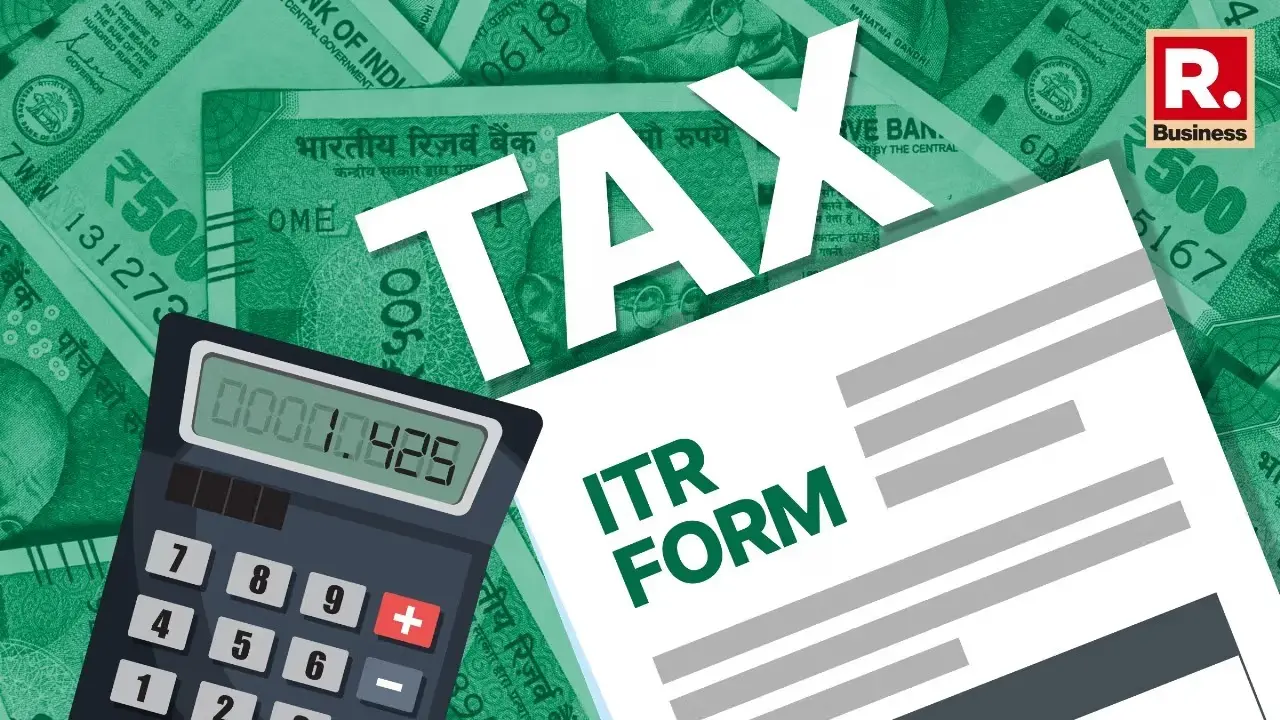Updated 15 May 2025 at 09:22 IST
ITR 2025: What Is ITR-1 (Sahaj) - Eligibility, Filing Process, Required Documents, and Key Updates
In a move to reduce compliance burden and expand the scope of eligibility their are fresh notifications announced by Income Tax department, especially pertaining to ITR form 1 for FY 2024-25 (AY 2025-26).
- Republic Business
- 3 min read

ITR Form 1: In a move to reduce compliance burden and expand the scope of eligibility their are fresh notifications announced by Income Tax department, especially pertaining to ITR form 1 for FY 2024-25 (AY 2025-26).
This incorporates the changes in tax laws announced in the July 2024 budget.
The Central Board of Direct Taxes (CBDT) has notified that taxpayers are eligible for filing ITR-1, even if they have long-term capital gain tax (LTCG) under Section 112A, provided the total LTCG does not exceed Rs 1.25 lakh and there is no brought forward or carry forward capital loss.
This move comes int he wake of simplifying return filing for small taxpayers with limited capital gains with no losses to be brought forward."
Advertisement
Eligibility criteria for ITR Form 1
ITR 1 can be filed for Long Term Capital Gain Income u/s 112A, not exceeding Rs.1.25 lakh. Also, the taxpayer should not have carry forward of any losses under the head.
Salaried resident individuals having a maximum income of Rs 50 lakh within a financial year need to choose the ITR 1 form while filing their returns. Have a look at what determines your eligibility for this form.
Advertisement
The income source should be the following
- Salary or Pension,
- Single house property
- Agricultural Income under Rs.5,000
- LTCG u/s 112A not exceeding Rs.1.25 lakh
- Other Sources (except activities like horse racing, gambling, lotteries, and more)
- The person should not own any property outside India.
- He/she should not receive revenue from other nations.
Who is not eligible to file ITR-1 for FY 2024-25?
ITR-1 cannot be filed by anyone who:
Is a Resident Not Ordinarily Resident (RNOR), and Non-Resident Indian (NRI)
Has total income exceeding Rs 50 lakh
Has agricultural income exceeding Rs 5,000/-
Has income from lottery, racehorses, legal gambling etc.
Has taxable capital gains (short term and long term)
Has invested in unlisted equity shares
Has income from business or profession
Is a Director in a company
Has tax deduction under section 194N of Income Tax Act
Has deferred income tax on ESOP received from employer being an eligible start-up
Owns and has income from more than one house property
Is not covered under the eligibility conditions for ITR-1
Income types not part of ITR 1 form?
Following are the types of income that shall not form part of ITR 1 form:-
Profits and gains from business and professions;
Capital gains;
Income from more than one house property;
Income under the head other sources which is of following nature:-
(i) winnings from lottery;
(ii) Activity of owning and maintaining race horses;
(iii) Income taxable at special rates under section 115BBDA or section 115BBE;
Income to be apportioned in accordance with provisions of section 5A
What documents are required to file ITR-1?
You would need to download AIS and keep copies of Form 16, house rent receipt (if applicable), investment payment, premium receipts (if applicable). However, ITRs are annexure-less forms, so one's not required to attach any document (like proof of investment, TDS certificates) along with your return (whether filed manually or electronically). However, you need to keep these documents for situations where they need to be produced before tax authorities such as assessment, inquiry.
Published By : Gunjan Rajput
Published On: 15 May 2025 at 09:20 IST
